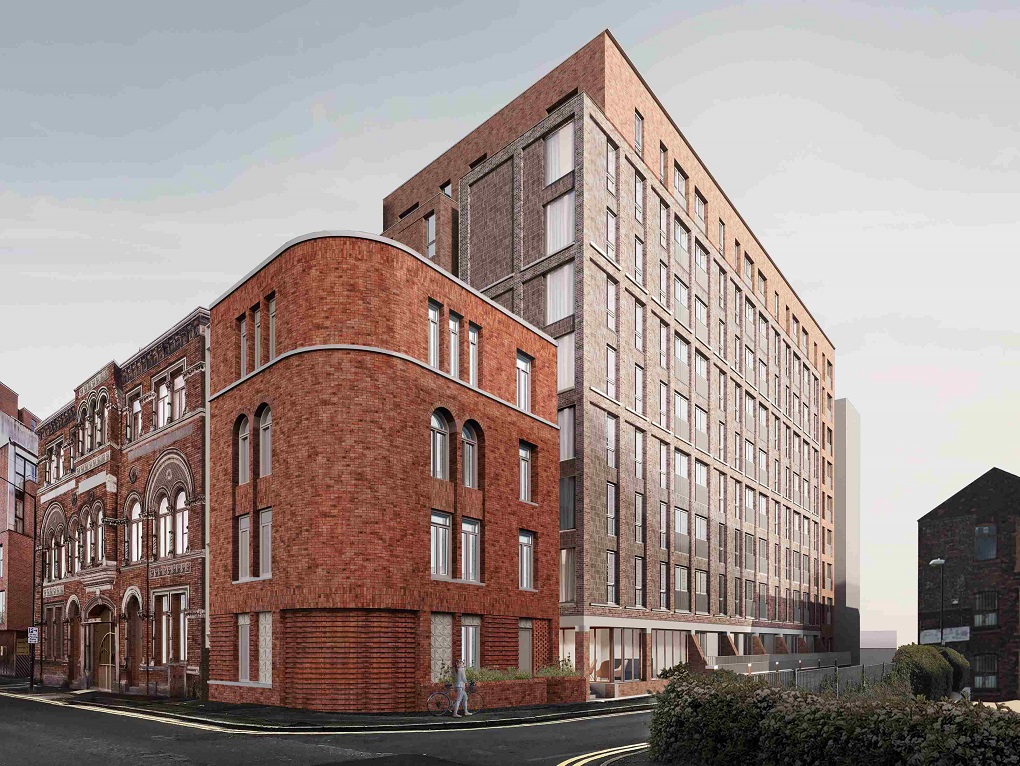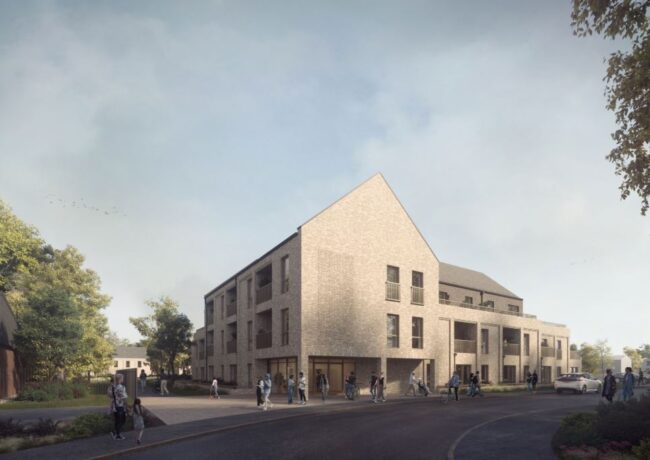Commentary
COMMENT | The leisure sector’s role in post-pandemic towns and cities
How we interact with our urban spaces has changed as people have shifted their attitudes to work, home and socialising in response to the challenges of the past two years, writes Phil Moran of TLT.
Larger cities, in particular, continue to struggle against a backdrop of fewer tourists, a reduction in the numbers of skilled workers and reduced footfall as more people choose to continue working from home. Despite this, the development and regeneration of our main centres has continued at pace. Although the nature of this development has varied according to the priorities of individual regional authorities and the needs of particular communities, some common themes have emerged. One of those themes is the prominent role of the leisure sector in the re-purposing of vacant space in our towns and cities, and linked to this, how the nature of the leisure offer itself has adapted to changes in customer behaviour.
An emphasis on experiences
Customer expectations are now often shaped by the desire for ‘experience’, rather than the more traditional ‘functional’ social activities of old. The concept of experiential socialising has been the main driver for many of the successful brands that have emerged or grown during the pandemic.
The hospitality sector has seen significant growth in the number of different operators and a shift away from the traditional dominance of big bar and restaurant chains, many of whom were lost during the pandemic. Those operators that remain have had to ‘up their game’ to retain customer loyalty, and this has involved increased spend on the physical design and look of units and also the greater use of technology within the overall operation.
It is not just the hospitality sector that has been affected by these changes. Operators within wider leisure sub-sectors such as hair, beauty and fitness have also become more sophisticated than before – again often focusing on the experiential aspect.
As part of this emergence of experiential socialising, we have also seen huge diversification in the range of new concepts which have emerged, and there has been a huge growth in the number of venues that incorporate a range of social activities such as bowling, axe throwing, golf or football. We expect this trend to continue as landlords look to these brands to drive footfall in their schemes.
Changing space concerns
Engagement between landlords and tenants has generally improved, as both parties have needed to work collaboratively in the face of challenges caused by the pandemic. Rental structures and lease terms in many cases have become more favourable to tenants, as landlords have tried to reduce rates liabilities and rental voids, and an increase in the number of turnover rent leases in this space has also been seen, with some landlords agreeing to share a portion of the risk of any reductions in trading levels.
From an occupier perspective, many larger format leisure operators are now seeing the opportunity to take large floorplates in prominent city centre locations, which would otherwise have been unavailable to them.
Much of the leisure development we have seen has taken place within large vacant retail spaces such as former department stores, where a re-let to another single retailer has not been feasible for the landlord. Investors and landlords have viewed the re-purposing of these spaces as a way of maximising rental returns and investment value, as the buildings become less dependent on the viability of a single use class or occupier.
Similarly, larger-format leisure uses have increasingly become an established part of the overall offering within prominent shopping centres as landlords look to increase dwell time from visitors, such as Puttshack in Westfield and Roxy Ballroom in Manchester Arndale.
Where leisure fits
Away from big cities, regional town centres and commuter towns have benefited from the increase in people working from home. The notions of localism and ‘community hubs’ have driven the resurgence of many towns across the UK, and again leisure uses have played a critical part in this development.
Notably, food halls and food-led markets have been a particular theme over the past few years, initially in smaller suburban towns. These have now also become more of a feature in bigger cities, where (given that the sites are typically larger), the nature of the offer has evolved into wider food and entertainment venues. Boxpark in London and Escape to Freight Island in Manchester are both good examples of this.
Looking Forward
We shouldn’t be surprised by the way the leisure market has evolved since the start of 2020, given the inherent innovative and creative nature of the sector and many of the people working within it.
Successful towns and cities have always been underpinned by a thriving and diverse entertainment and leisure sector and the pandemic has in many cases simply accelerated changes that were already happening in the sector, the increasing adoption of new technology being a case in point.
We are sure this principle will continue to hold true over the coming years, albeit that the nature of the sector and how people consume leisure services will continue to adapt to changes in wider society.





